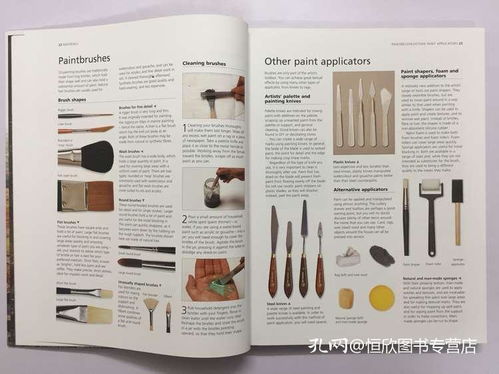Introduction: Fishing is a timeless pastime that offers relaxation, solitude, and the thrill of the catch. While many enthusiasts prefer the serene beauty of a natural water body, the joy of fishing can be enjoyed even from the comfort of your own home. In this article, we'll delve into various fishing techniques and tips that can help you have a great home-based fishing experience.
Choosing the Right Equipment: The foundation of a successful fishing trip lies in the right equipment. Here's what you'll need to get started:
- Rod and Reel: Select a rod and reel that match the type of fish you're targeting. For beginners, a lightweight spinning rod and reel are ideal.
- Line: Choose a line that is appropriate for the fish and the environment. Monofilament is a popular choice for beginners.
- Hooks: The size and type of hook depend on the fish you're trying to catch. Small hooks are suitable for panfish, while larger hooks are better for bigger fish.
- Bait or Lures: Live bait, artificial lures, or a mix of both can be used. Experiment to see what works best in your home environment.
Setting Up Your Home Fishing Spot: To create an effective home fishing spot, consider the following:
- Location: Choose a quiet and secluded area in your home, such as a basement or a room with a window overlooking a garden or pond.
- Aquarium: If you don't have access to a natural water body, consider setting up an aquarium. Choose a species that thrives in a controlled environment.
- Water: Ensure the water is clean and well-oxygenated. Use an air pump and filter to maintain water quality.
Mastering the Art of Baiting: Baiting is a crucial skill in fishing. Here are some tips to help you master it:
- Natural Bait: Use live bait like worms, minnows, or crickets. These are often more effective than artificial lures, especially for beginners.
- Artificial Lures: Experiment with different types of artificial lures, such as spinners, jigs, and crankbaits. Each lure mimics a different movement, so try a variety to see which one works best.
- Presentation: The way you present your bait or lure can make a significant difference. Pay attention to the speed, direction, and depth of your retrieve.
Learning the Basics of Casting: Casting is a fundamental skill in fishing. Here's how to improve your casting technique:
- Practice: Spend time practicing your casting technique. Find a quiet spot and cast your line repeatedly until you feel comfortable.
- Distance: Aim for a distance that is manageable for you. As you become more skilled, you can increase the distance.
- Accuracy: Focus on casting with accuracy. This will help you present your bait or lure to the fish effectively.
Patience and Observation: Fishing is as much about patience as it is about skill. Here are some tips to help you stay focused:

- Observe the Water: Pay attention to the water's surface for signs of fish activity, such as ripples or bubbles.
- Be Patient: Don't get discouraged if you don't catch anything immediately. Fish can be unpredictable, and patience often pays off.
- Adjust Your Technique: If you're not having success, try changing your bait, lure, or presentation.
Safety First: Always prioritize safety when fishing, whether at home or in nature. Here are some safety tips:
- Keep Your Equipment in Good Condition: Regularly inspect your fishing gear for any signs of wear and tear.
- Stay Hydrated: Drinking water is essential, especially if you're fishing for extended periods.
- Be Aware of Your Surroundings: If you're fishing near water, be aware of your surroundings and stay away from dangerous areas.
Conclusion: Fishing from the comfort of your own home can be a rewarding and enjoyable experience. By following these tips and mastering the art of fishing, you'll be well on your way to having a great home-based fishing experience. Remember, the key to success is patience, practice, and a willingness to learn. Happy fishing!












